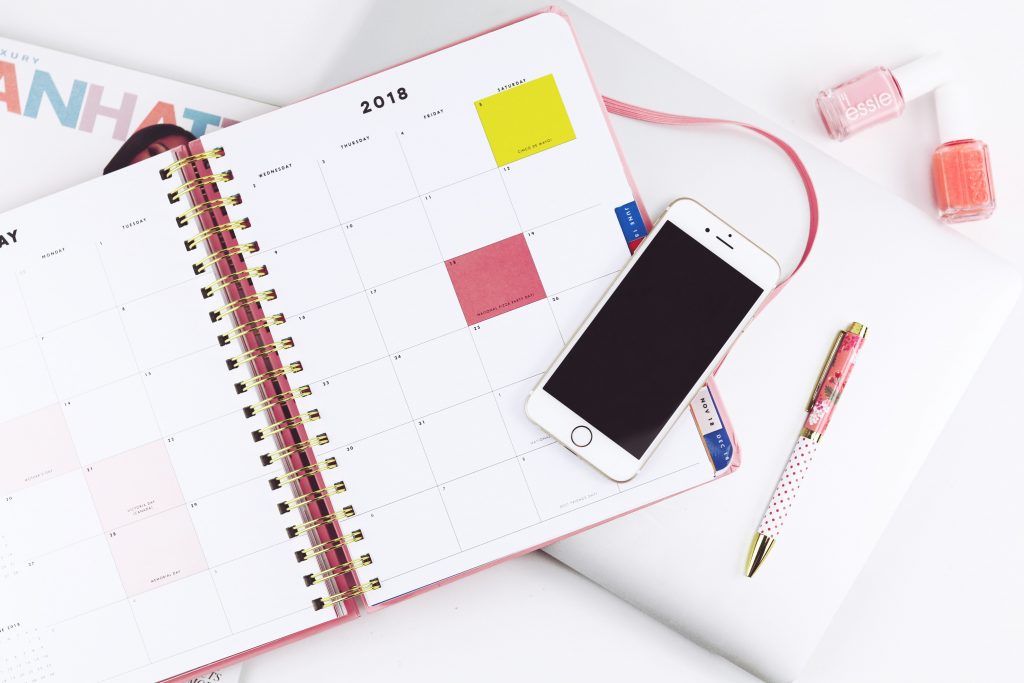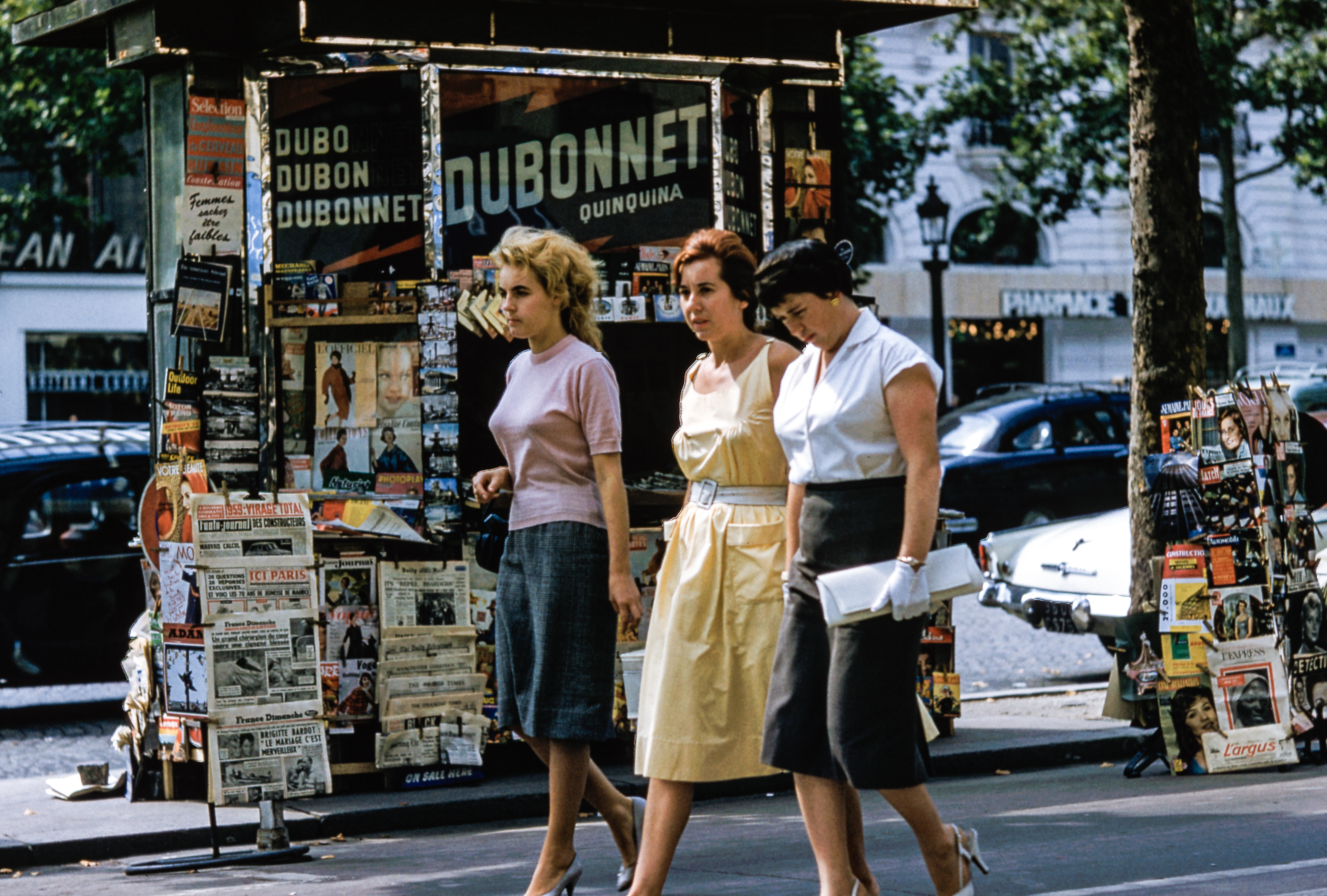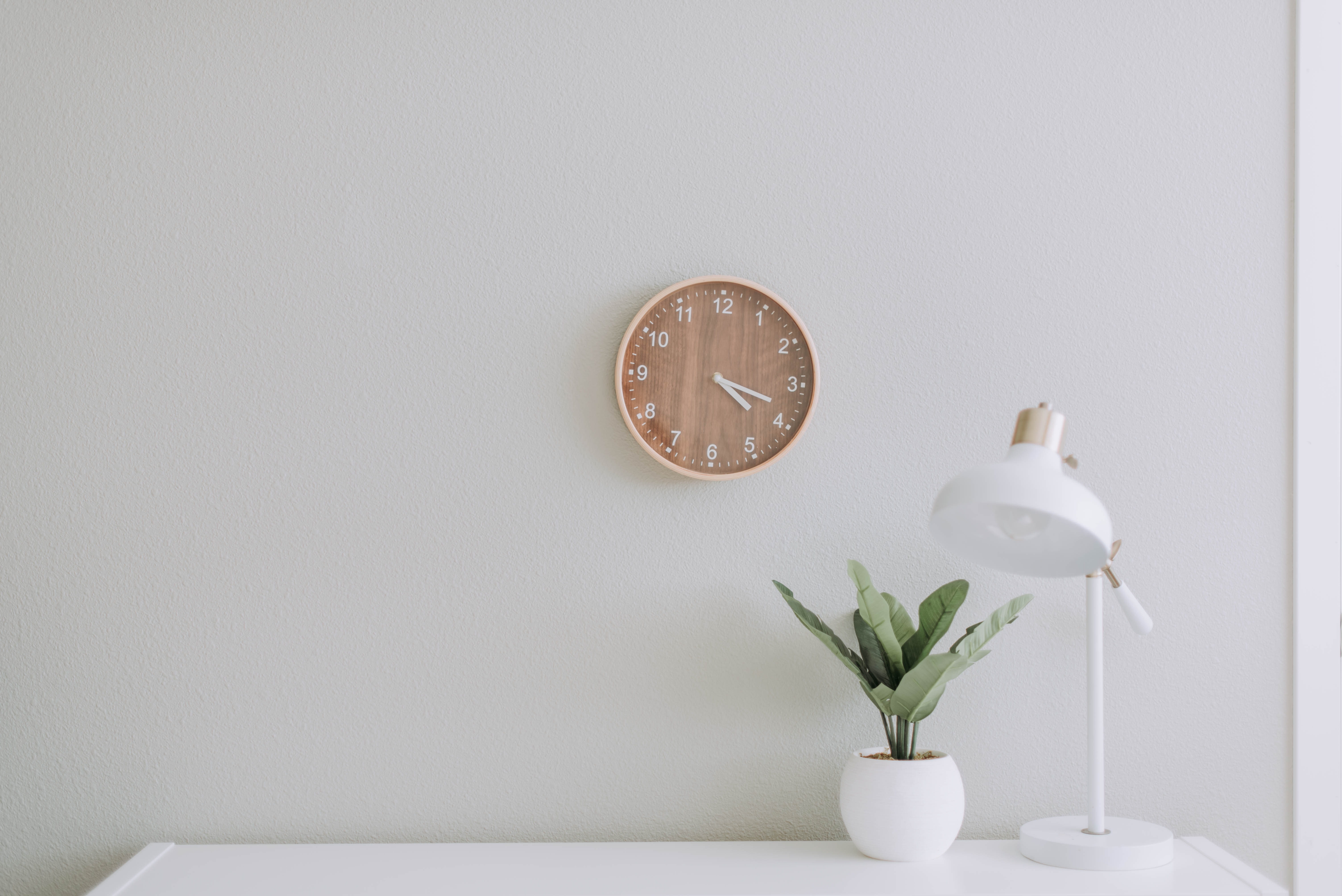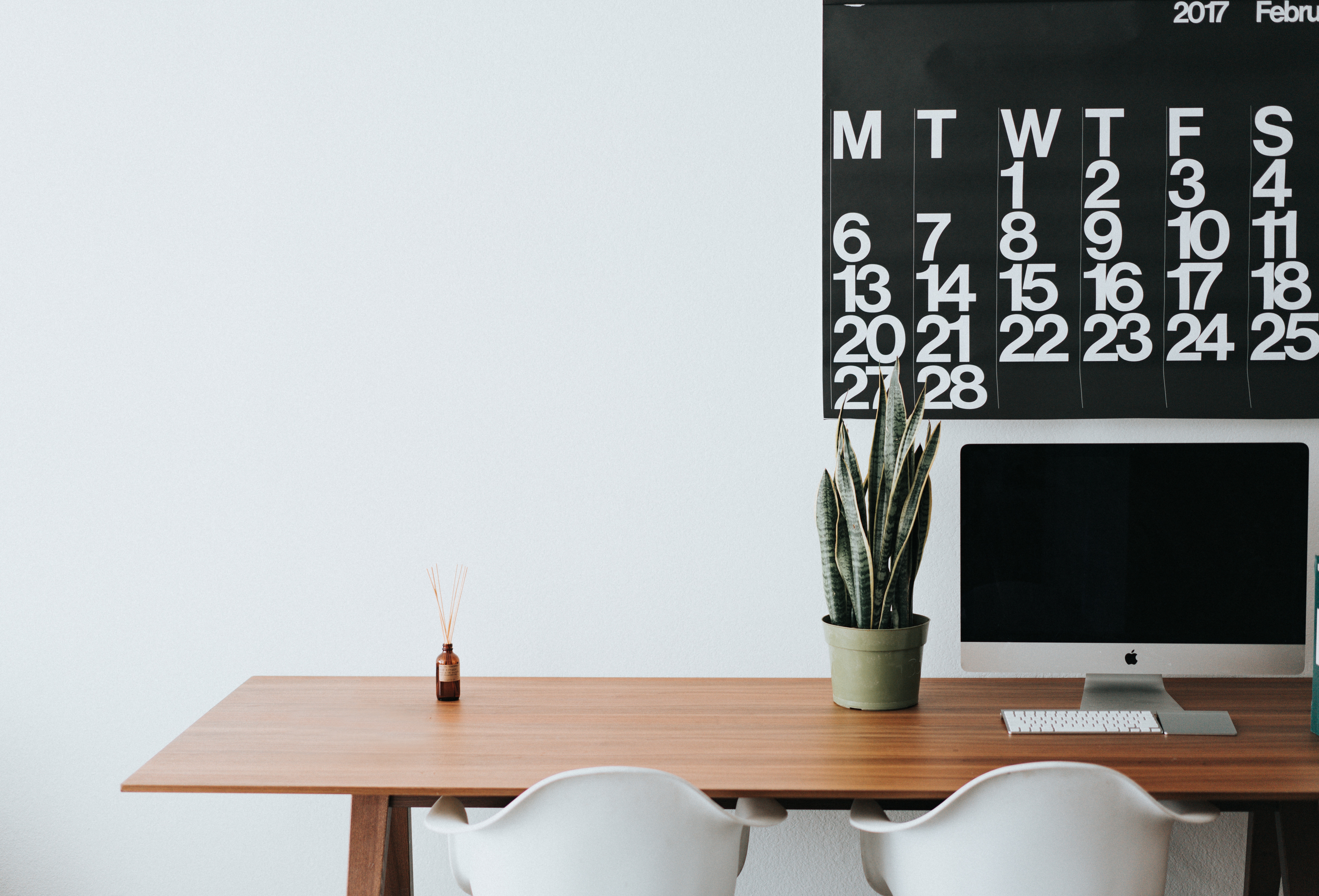
It’s mindfulness week at the coworking space I use. Every day a coach is holding short sessions on meditation, nutrition and time management amongst other things. Yesterday I went to the first session, where the coach asked us to do a simple thing: breathe.
A small group of us sat there in a circle, a little awkward, expectant.
After explaining to us what our brains are up to when we feel stressed, the coach put on some calming music and asked us to close our eyes.
She told us to breathe in for a count of 4, hold for a count of 2, breathe out for a count of 6.
I closed my eyes, took a deep breath in and a deep breath out.
I realised how tense my back and neck felt. How my mind had been buzzing. It felt as though I’d been holding my breathe. I felt anything but calm and relaxed.
I also realised that I was on the verge of tears.
Gradually I relaxed into it, and it felt so calming to listen the music, quietly sit and concentrate on something as simple as breathing.
Looking back over the morning, I saw that I’d been running on auto-pilot.
I’d been in a state of high-alert, rushing to write an email before the session, and stressed by all things Monday. I’d been off to the gym first thing, rushing back to shower and change, then rushing to work. All the emails and work for the week crashing down on top of me.
I’d even had a brief chat about the busyness of Monday mornings to a friend in the kitchen about an hour beforehand – but hadn’t thought to step back and actually take a break, sit for a few minutes and breath and close my eyes.
As the coach said, we feel as though we need to be go go go to be productive, but it’s not the case. The more breaks we take the more productive we can be.
I know this. I know that I need breaks. But I’m aware that my breaks usually consist of ‘doing’. Switching to read an interesting article, or something in Spanish, or to check messages. Once in a while listening to a podcast or walking round the block.
But sometimes what I really need is to find a quiet space, close my eyes, breath in and out. Really switch off.
It’s fine and even great to have periods of hyper-productivity, firing on all cylinders, getting stuff done. But when you’ve had a whole day of buzzing – that sounds a little like living off stress to me. When you can’t slow done, you jump from one thing to another, the adrenalin’s pumping. Frantic.
It’s not sustainable and at some point you’re probably going to crash. And that’s really not productive.
So if you’re reading this, do yourself a favour. Close your eyes. Breathe in slowly for a count of 4, hold for a count of 2, breath out for a count of 6. Repeat. Notice how your body feels. Notice how your mind feels. Better?
To book a coaching session with me, focusing on mindset and making positive changes in your life or career, email me at joaopoku@gmail.com.




